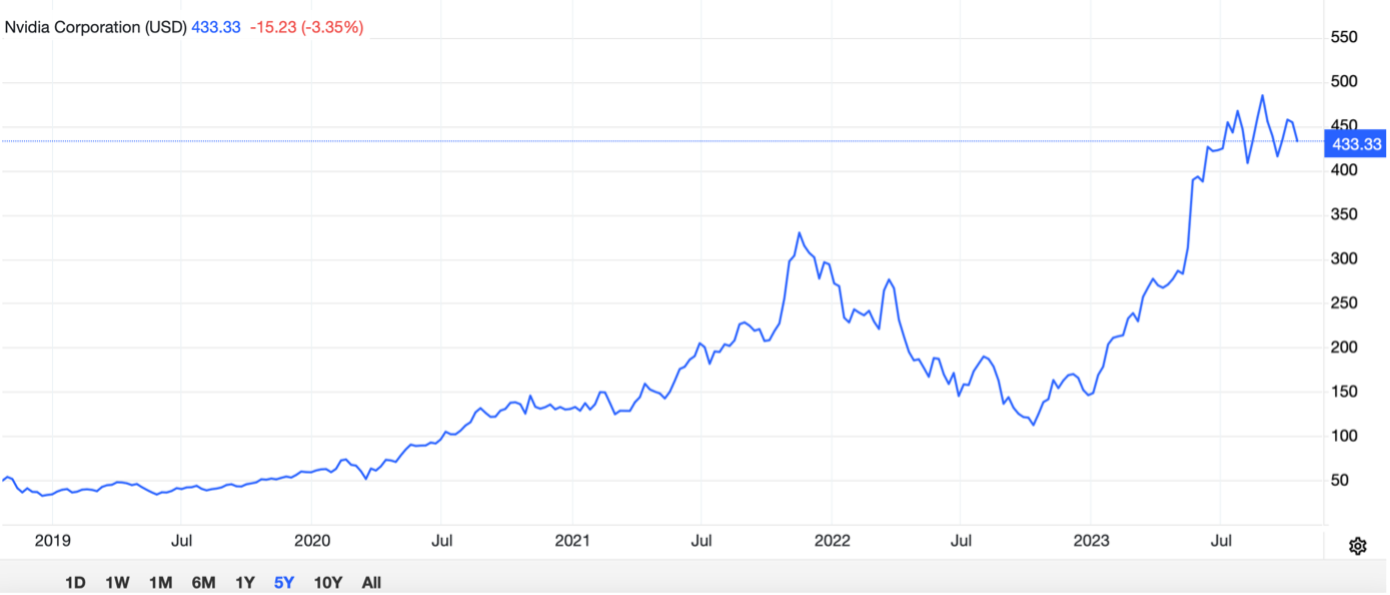The global semiconductor industry faces a new era of disruption as U.S. authorities impose stricter export restrictions on high-tech goods, directly affecting titans of the industry such as Nvidia, Advanced Micro Devices (AMD), and Intel. These measures, designed to prevent cutting-edge U.S. technologies from potentially bolstering China's military capabilities, are expected to send shockwaves through various sectors dependent on these vital components.
Nvidia, known for its dominance in the GPU market, was among the first to report the consequences of these new restrictions. According to their recent filing, the prohibitions will halt the sales of its specially designed AI chips for the Chinese market, the A800 and H800, alongside one of its top gaming chips and the recently announced L40S chip.
Potential Relocations and Industry Silence
Considering these developments, Nvidia suggested it might need to shift certain business operations outside the scope of U.S. export curbs, highlighting the severe implications of the new rules on its business. The company also expressed concerns about the impact on its product development timeline, customer support, and supply chain outside the restricted regions.
But the implications of these new rules aren't limited to Nvidia. Industry peers Intel and AMD are also poised to experience setbacks. Intel's Gaudi 2 chip and AMD's MI250 and forthcoming MI300 chips are speculated to fall within the ambit of the new restrictions, although the companies have maintained a no-comment stance in response to these forecasts.

The development of NVIDIA shares over the last five years. Source: https://tradingeconomics.com/nvda:us*
Implications and Anticipated Shifts in the Semiconductor Landscape
These restrictions underscore the U.S. government's commitment to national security in a time of intense technological competition. However, they also present significant challenges for
U.S.-based tech giants deeply entrenched in the Chinese market, reflecting the complex interdependencies in the global tech industry.
As Nvidia, AMD, and Intel navigate this intricate geopolitical and regulatory environment, significant shifts in manufacturing, supply chain management, and market strategies are anticipated. The industry at large must prepare for potential supply disruptions, pricing volatility, and a realignment in tech partnerships and alliances.
Conclusion: A New Chapter in Global Tech Dynamics
This development marks a critical juncture for the semiconductor industry and global technology trade. The decisions and adaptations of major players like Nvidia, AMD, and Intel in response to U.S. export restrictions will significantly influence the contours of the tech industry's future. It's a pivotal moment that demands scrutiny and strategic foresight from businesses, investors, and global policymakers alike.
[*] Past performance is no guarantee of future results


